What type of water heater are you putting in your new home?
pps7
14 years ago
Related Stories
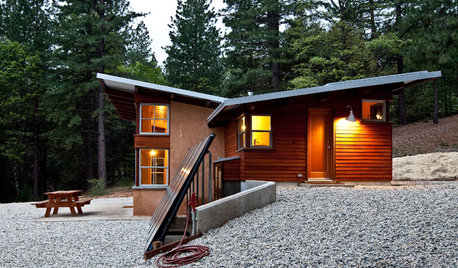
GREAT HOME PROJECTSHow to Add a Solar Water Heater
Lower energy bills without a major renovation by putting the sun to work heating your home’s water
Full Story
GREAT HOME PROJECTSHow to Switch to a Tankless Water Heater
New project for a new year: Swap your conventional heater for an energy-saving model — and don’t be fooled by misinformation
Full Story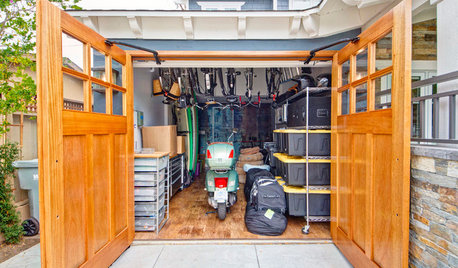
GARAGESHouzz Call: How Do You Put Your Garage to Work for Your Home?
Cars, storage, crafts, relaxing ... all of the above? Upload a photo of your garage and tell us how it performs as a workhorse
Full Story
ECLECTIC HOMESMy Houzz: Austin Couple Put Their Stamp on a Bright New Home
They personalize their modern architect-designed spec house with warm midcentury furnishings, custom details and creative DIY touches
Full Story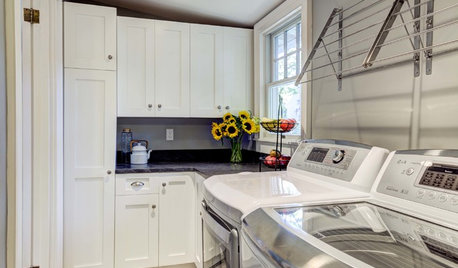
THE HARDWORKING HOMEWhere to Put the Laundry Room
The Hardworking Home: We weigh the pros and cons of washing your clothes in the basement, kitchen, bathroom and more
Full Story
PRODUCT PICKSGuest Picks: Put a Cork in It
Buoyant, fire-resistant cork is popping up everywhere these days. Check it out on furnishings, finishes, accessories and more
Full Story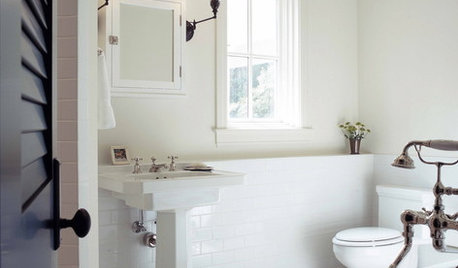
BATHROOM DESIGNSubway Tile Wainscoting Puts Bathrooms on the Right Track
It repels water. It looks clean. It works with many architectural styles. Looks like bathrooms have a ticket to a no-brainer
Full Story
REMODELING GUIDESStaying Put: How to Improve the Home You Have
New book by architect Duo Dickinson shows how to remodel your house to get the home you want
Full Story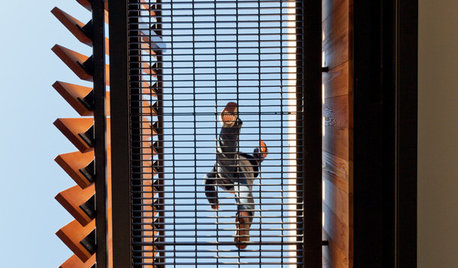
THE ART OF ARCHITECTUREDesign Workshop: Put Industrial Mesh to Work Around the Home
From open gratings to fine weaves, commercial metal mesh is a durable and beautiful choice for residences too
Full Story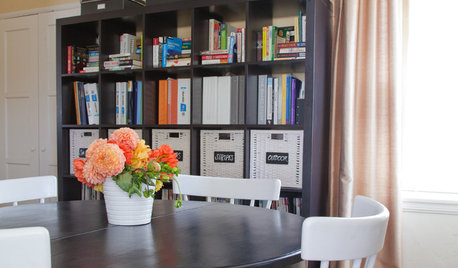
DINING ROOMSRoom of the Day: Putting the Dining Room to Work
With a table for meals and a desk for bringing home the bacon, this dining room earns its keep
Full Story





dixiedoodle
joyce_6333
Related Discussions
What type of kitchen do you want, in your new home?
Q
We have a tankless gas water heater from the new house--sell it?
Q
Rusty Water Heater Vent Pipe in New House
Q
do you drain your water heater ever so often?
Q
bigkahuna
mdev
bigkahuna
sniffdog
gopintos
sis3
midwestmama
ncamy
sue36
srercrcr
stinkytiger
sniffdog
bdpeck-charlotte
pps7Original Author
sniffdog
kats
macv
harleydane
eyesofgreen
macv
harleydane